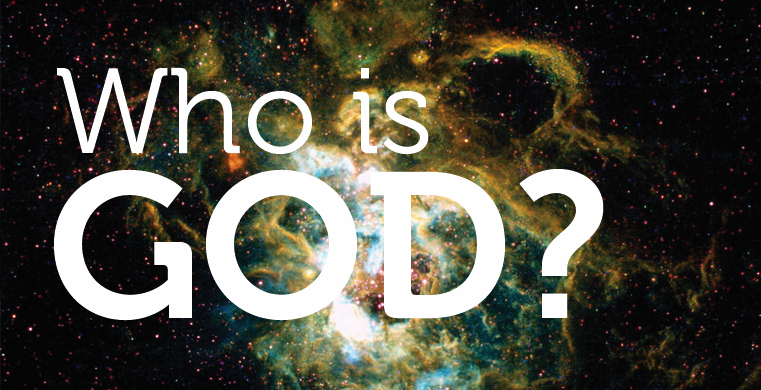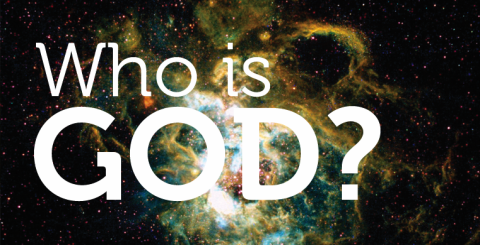* A Philosophical Approach
From Nweke Nweke, Onitsha
The concept of the existence and the origin of God have over the years remained the most controversial issues that have not only ushered in different beliefs but have also made a very broad way for speculations and skepticism in the modern day philosophy.
It is in a bid to unraveling this mystery, concepts, many notions and beliefs about the origin and the existence of God, I propounds this article to serve and save the thinking man (Homo Sapiens) from this mind bugling jigsaw that has paralyzed the thinking of man hence I delve into this brief hypothesis about the origin and the existence of “God”
To say the least, at the border line of this issue lies the question of where indeed is God and to what essence is His bigness to man that has enslaved the minds of men and do we take the disbelief to the existence of Satan as real belief in God?
A belief Philosophical introduction to intellectual arguments regarding the existence of God can help in disseminating the truth and presenting Christianity as a rational religion and way of life to others.
Here, let us focus on three famous arguments regarding God’s existence (a) the ontological argument (b) cosmological argument and (c) teleological argument. These proofs have been endlessly debated over the centuries between various Philosophers and theologians.
A lot of Philosophers and theologians have tried to separate and appraise each of the beliefs in their own way according to their limitation of understanding of the Philosophical concept of God and other issues that are related thereto.
Ontological Concept: Here, one is looking at the concept of God on the low level of the existence of man as the only rational animal to look and ask question about his own being, moving ahead also to ask about the existence of God, his creator.
A lot of Philosophers believed that this concept of God is still the best in all the concepts that has to do with God, among them were, St. Anselm, a Catholic Archbishop of Canterbury and a doctor of the Church who first formulated the argument and was later debated and criticized by many Philosophers.
The argument has attracted the attentions of such notable Philosophers as Immanuel Kant (who attracted St. Anselm’s proof) and G.W.F Hegel (who defended Anselm’s proof). The proof is most notable because it claims to prove the existence of God by relying independently on human reason without the need for perception or evidence. The proof itself relies on the defined concept of God as perfect “Being” St. Anselm’s proof is summarized here:
“God exists in our understanding. This means that the concept of God resides as an idea in our minds. God is a possible being, and mighty exist in reality .He is possible because the concept of God does not bear internal contradictions’’
“If something exists exclusively in our understanding and might have existed in reality, then it mighty has been greater. This simply means that something that exists in reality is perfect (or great).Something that is only a concept in minds could be greater by actually existing.*suppose (theoretically) that God only exists in our understanding and not in reality.*If this were true, then it would be possible for God to be greater then He is (follows from premise)”
With the above stated issue, it would mean that God is a being and His great could be possible. This is absurd because God, a being in which none seems to be greater is a being in which a greater is possible. But herein rest the contradiction.
Consequently, could it be wrong for one to view it that it is false for God to only exist in our understanding and minds?
From the foregoing, one is left in doubt that one of the major philosophical concepts of God is widespread and that is first of all; knowing what ontology is saying about the existence of God. The concept of God going by the word and teaching of St. Anselm can only be said and known by the mind of man and nothing again.
The mind here becomes the mirror in which God is known and that as it maybe, can also be said to depend on the rationality of an individually.
Study the above proof carefully. It is an intriguing proof because it states that God, a perfect being, must exist in all possible circumstances, in order to satisfy the definition of His perfection. A God that can exist in only some circumstances, but fails to exist in others is a less than perfect being, the issue of accepting the belief in God by the philosophers is not intrinsic because they never believe that there is a rational concept of the existence of the Supreme Being whose origin is still unknown. This could be educed to the contradiction of conceptualizing Satan, evil spirit, deities as well as Chi as cases may be.
The philosophical concept of God to say the least is in the mind of an individual which can only be said to simply be a conceptual enslavement.
Disclaiming the fact that God as held by the Christens is a “Spirit” and therefore must be known going spiritually can also be said as headway in the issue at hand concerning the concept of God.
We must make the assumption on whether to take a literal or a symbolic view of language. There are also ontological; over view concerning ‘being’ as included in every method.
Heidegger says, “In understanding of the world, existence is understood with it, and vice versa.”(Being and Time, p.194)” Those people who assume they have no ontology merely have an unconscious or an unexamined ontology.
What I believe remains objectionable is referring to God in terms of temporal images. We are left with an apophaticsim and any absolutization and any ultimate religious dualism is of course also objectionable.
What about Dooyeweeerd’s reference to us as the expression of God in our being the only image of God, is that metaphysically language?
In what sense can it be said that we know God by virtue of being His image (Image Dei)? But is that not based on some kind of analogy of being? Baader justified “speculative theology” on the basis that ‘speculative’ come from ‘specula’ meaning mirror. Remain bless
In a fellow up of this article, I will be viewing whom Jesus is and the role He played in Christendom. Just keep a date.




